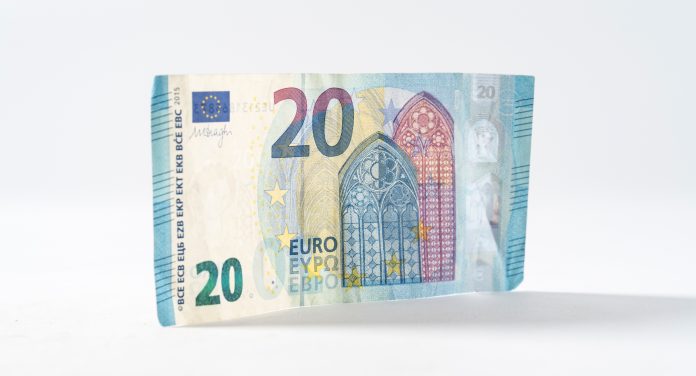The Pound sterling is lower against the euro on Monday afternoon as Brexit concerns dragged the pound lower despite some improved UK economic data. UK Prime Minister Boris Johnson laid out in stark terms his government’s plans to diverge from the EU rules when the Brexit transition period ends.
GBP/EUR was lower by 96 pips (-0.81%) at 1.1803 with a daily price range of 1.179 to 1.191 as of 1pm GMT. The currency pair slid 100 pips in European trading, taking it towards its lows of the past 5 days.
GBP/EUR: Johnson restated his government’s desire for a “Canada-style Free Trade Agreement” with EU
There was modestly better economic data from the UK, Germany and the Eurozone but it was all trumped by the politics of Brexit. Those who thought Brexit would no longer affect the pound after the UK officially left the European Union this past Friday could be sadly mistaken.
Prime Minister Boris Johnson used a speech on Monday to reiterate his government’s desire for a “Canada-style Free Trade Agreement” with the EU. The UK is seemingly trying to start trade negotiations with the EU on the front foot, setting out their demands soon after having officially left the EU. His most important comment was: “There is no need for a free trade agreement to involve accepting EU rules on competition policy, subsidies, social protection, the environment or anything similar, any more than the EU should be obliged to accept UK rules.”
Markets like certainty and stability and dislike uncertainty. While the hope is that the UK can set rules that suit its own economy, large divergence from existing EU rules is necessarily a lot of change and creates uncertainty.
The UK Markit Manufacturing PMI rebounded to 50 in January from 49.8 the month prior. It was a small change in the number, but the difference is disproportionately positive because a reading of 50 or above denotes expansion.
The euro
Data released on Monday shows Eurozone manufacturing remains deep in contraction territory. The Markit Eurozone manufacturing PMI rose to 47.9 in January from 47.8 previously. Germany remains the biggest drag. The Markit Manufacturing PMI data for Germany showed an equally small rise to 45.3 from 45.2.





